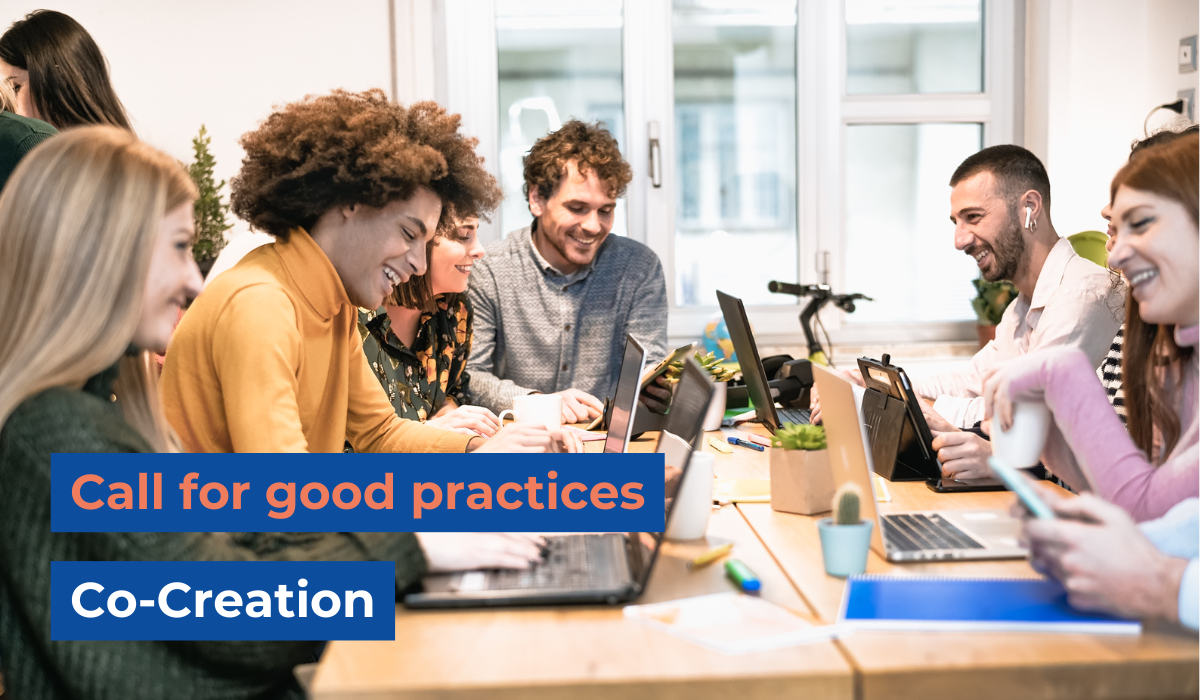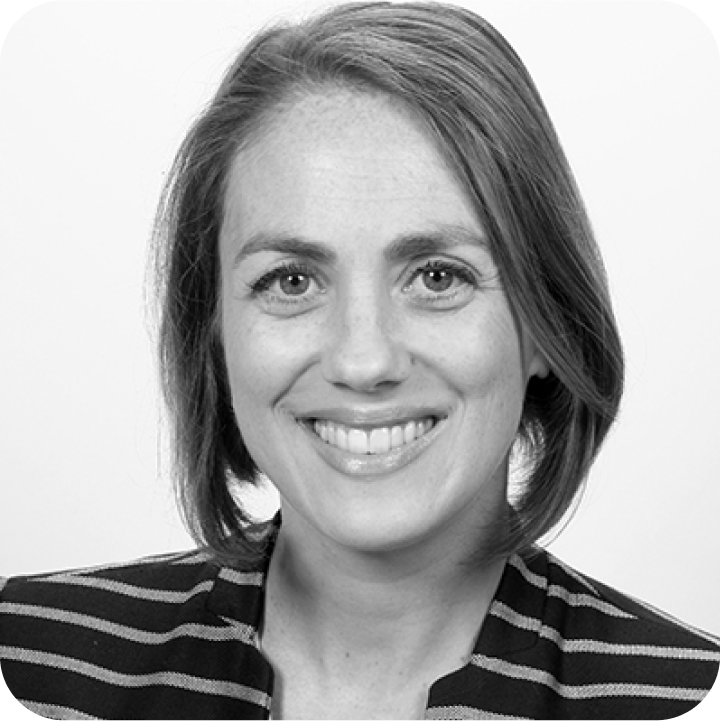Call for Good Practices – Co-Creation

What is co-creation?
Mental Health Europe introduced co-creation as a key strategic pillar in 2022 and since then has established its own approach, developed tools and provided training through the support of its Co-creation Task Force.
Co-creating is an exciting learning journey as there is always something to learn from each specific piece of work done in co-creation. With this in mind, we are keen to identify and disseminate good practices on co-creation that reflect our vision of co-creation both in principle and practice.
Our good practice indicators
For Mental Health Europe, co-creation is “a collaborative approach involving all actors in mental health working together on an equal basis to develop and implement policies, services, programmes, research and communication that foster positive mental health according to a psychosocial model and human rights-based approach”.
We defined a comprehensive set of indicators (link here: 6.2) that has then been translated into a simplified online tool that can be used to self-assess any type of activity implemented in co-creation: link here. It consists of 11 indicators esteemed to be key during the different phases of co-creation: preparation, implementation and evaluation. An explanation of the tool and assessment of indicators can be found via this link (page 35).
If you have been working in co-creation and wish to see if your work could be considered a good-practice we invite you to first read about the set of indicators and then use the self-assessment tool.
Submit your good practices now
Should the outcome of your self-assessment be Co-creation Expert or Co-creation Proficient, please share your experience with us by filling in and sending the following template. We will be showcasing the good practices collected via our website, future resources and a community of practice we are currently establishing. The completed template should be sent to Liuska Sanna at l.sanna@mentalhealtheurope.org
Stay connected
Get our latest news, personal stories, research articles, and job opportunities.

